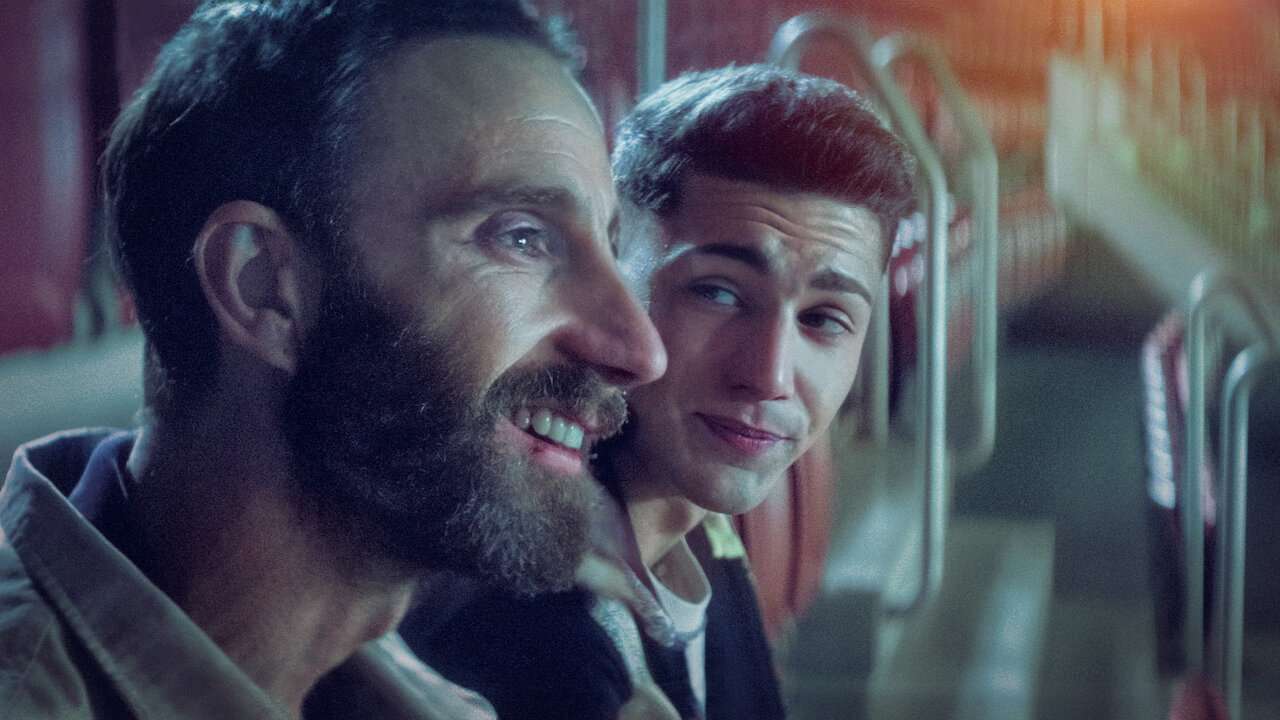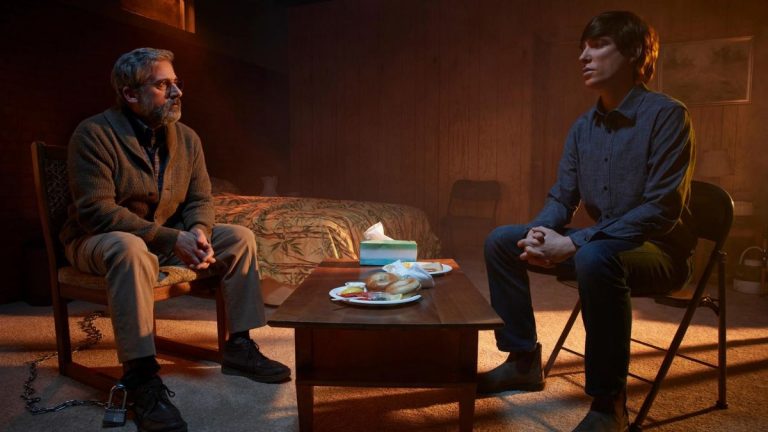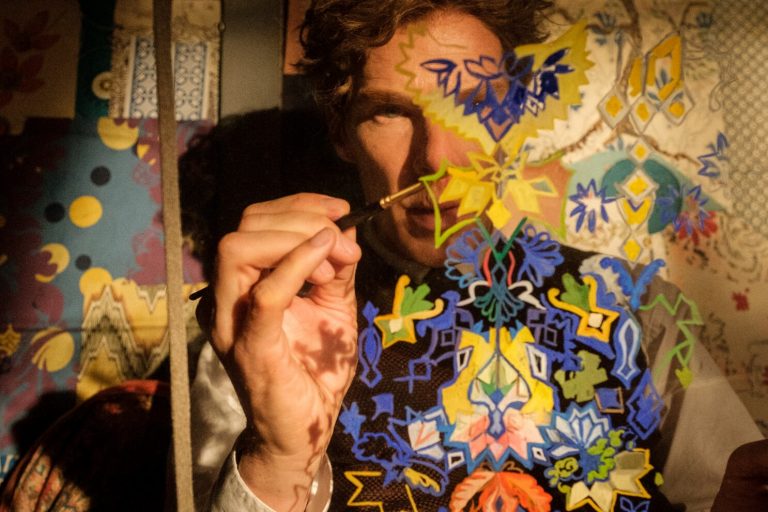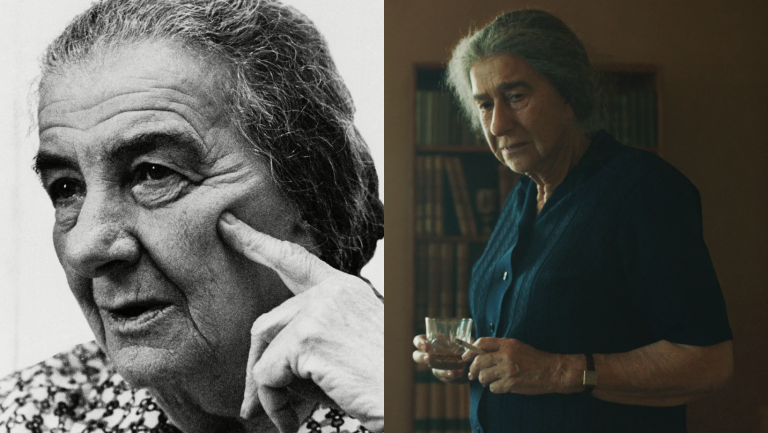With Spain dominating the Football Euro’24 tournament, Netflix’s latest, a Spanish film centered around football, is bound to ride the sporting wave in garnering intrigue. And “The Champion” (“El Campeon” in Spanish) has the appearance of a stylish sports drama. A hot-headed superstar footballer striking a friendship with a reticent professor that would prove to be emotionally challenging and wholesomely rewarding for both of them while navigating the glamorous life of European Football is a tempting prospect for drama. However, “The Champion” is too riddled with tropes from various sources to attempt a serious strike at success.
Diego (Marcel Serrano) is shown to be one of the top talents in the football world. He is young and has a bright future ahead. Only if he finds a way to control his temper, which starts to overshadow his talent on the football pitch. An incident where Diego headbutts his own team’s captain forces his club, Atletico Madrid (one of the top teams in La Liga), to ban him for three games. To improve his image, Diego’s agent, Juanma, arranges a psychological/educational session for him. Juanma’s brother, Alex (Dani Rovira), is a college professor and researcher in psychology. Alex is a recluse with a touch of agoraphobia. Juanma arranges classes for Diego, in which Alex will help him grow psychologically.
Director Carlos Theron, with writers Joan Gual and Joaquin Oristrell, tries to tap the treasure of “feel-good vibes” that a sports film can bring. And they are a little too successful at that. “The Champion” is littered with tropes of different natures. Diego’s on-field antics immediately set the “Anger Management” tone of the film. But it quickly changes to something else. We learn that Diego is dyslexic, and hence, he struggles linguistically. Despite all his success, the lack of linguistic proficiency stirs self-loathing in Diego. The story now reroutes itself towards the trope where an erudite scholar teaches a volatile student — a little bit of “Good Will Hunting,” if you will.
The inevitable problem that comes with juggling multiple objects is that you might drop a couple of them if you are not careful. And “The Champion” is far from being careful with its bagful of cliches. For example, the narrative takes a major chunk of time to dedicate to the story of Diego’s untapped intellectual potential. Diego is thought to be foolish and brash, but the film tries to deconstruct that carefully.
You see scenes where Diego solves a Rubik’s cube in minutes. Then, Diego explains a complicated football strategy to his colleagues. We also see Alex going on a rant to explain that Diego’s spatial intelligence is almost at the genius level. However, this entire intellectual dissection of Diego goes out for a toss by the end. Why? Because the film chooses to follow another trope at that time: the trope of an overbearing parent/manager controlling a genius’ life. You get the flow.

One can argue that the heart of the story is the trope of friendship between two radically opposite characters and how they influence each other’s lives. This is a tried and tested plot point for a ‘feel-good’ film. In fact, it is so much tried and tested that it requires a deftly executed, innovative context to make it feel fresh now. “The Champion” is unfortunately devoid of that. The film’s two characters in this context, Diego and Alex, are defined by their adjectives, not by their feelings. These characters are rigidly bound by their purpose in the story. Diego’s purpose is to be the flawed genius, and Alex’s is to be the tormented mentor. These purposes dictate the portrayal of the friendship in the film. Diego and Alex are defined by their ticks and antics, not by any beautifully crafted tender moments.
“The Champion” pulls no punch in upping the glamour of the film. From cameos of famous footballer Joao Felix to showing top-level football actions from the ground level, director Theron infuses stylistic choices that make the film exciting for a bit. Rovira and Serrano do strike a nice chemistry, with the professor’s timidness and the footballer’s flamboyance. However, that is the only thing they could do as their characters’ dynamic is dictated by that dichotomy.
As if instructed by a superior force, “The Champion” ends by staying true to its trope-grabbing nature, i.e., a cliffhanger. This serves as a last-ditch attempt to swerve in another direction. Perhaps paying homage to great footballers twists, swerves, and changes directions to fool the opponents. But we, the audience, are not the opponent. “The Champion” would have been better if it did not regard us as such.


![Tabu [2012] – You grew in me like Poetry](https://79468c92.delivery.rocketcdn.me/wp-content/uploads/2019/12/Tabu-Ana-Moreira-768x557.jpg)


![The Tribe [2015] : Love & hatred don’t need translation](https://79468c92.delivery.rocketcdn.me/wp-content/uploads/2016/01/the-tribe-mondo-film-poster-images.jpg)
